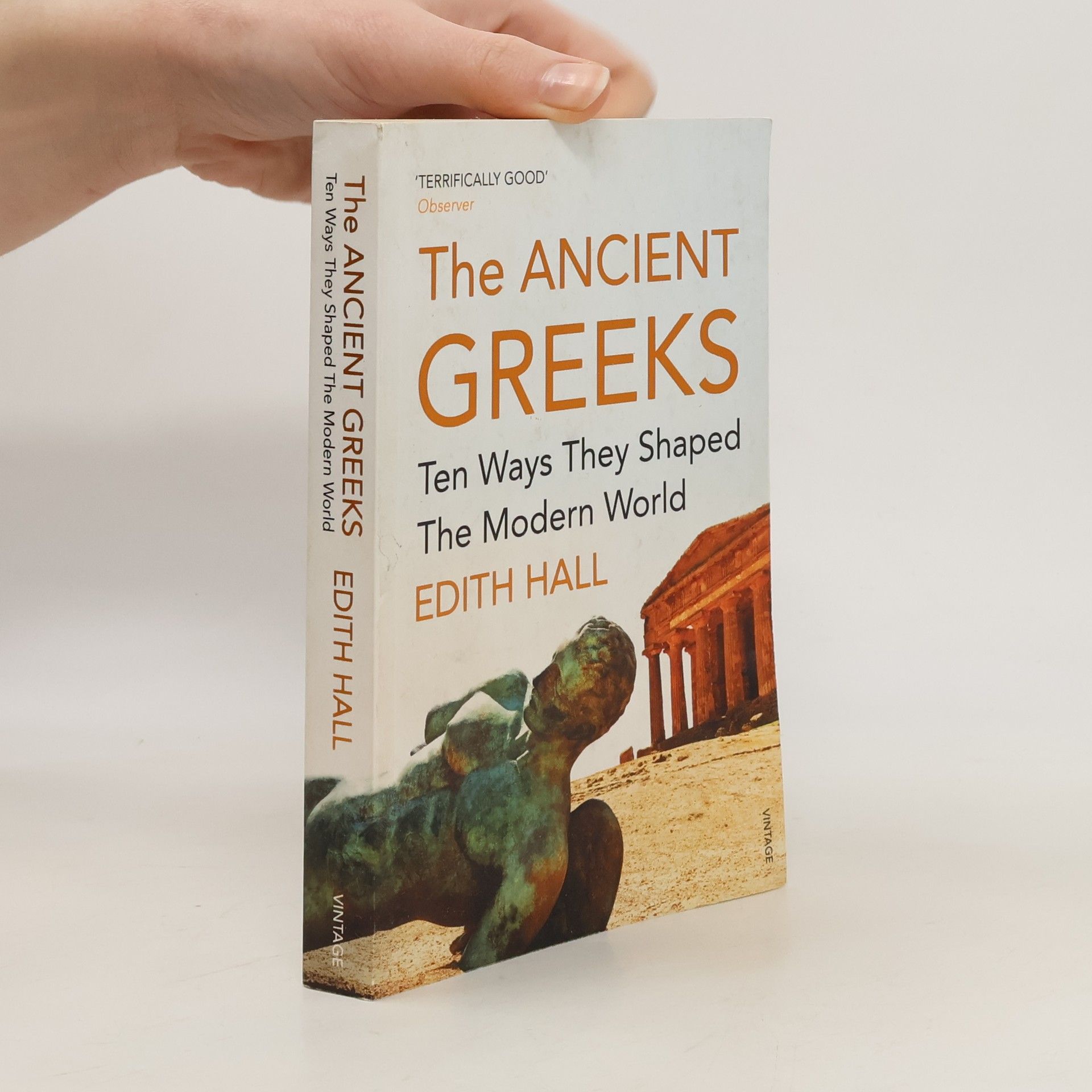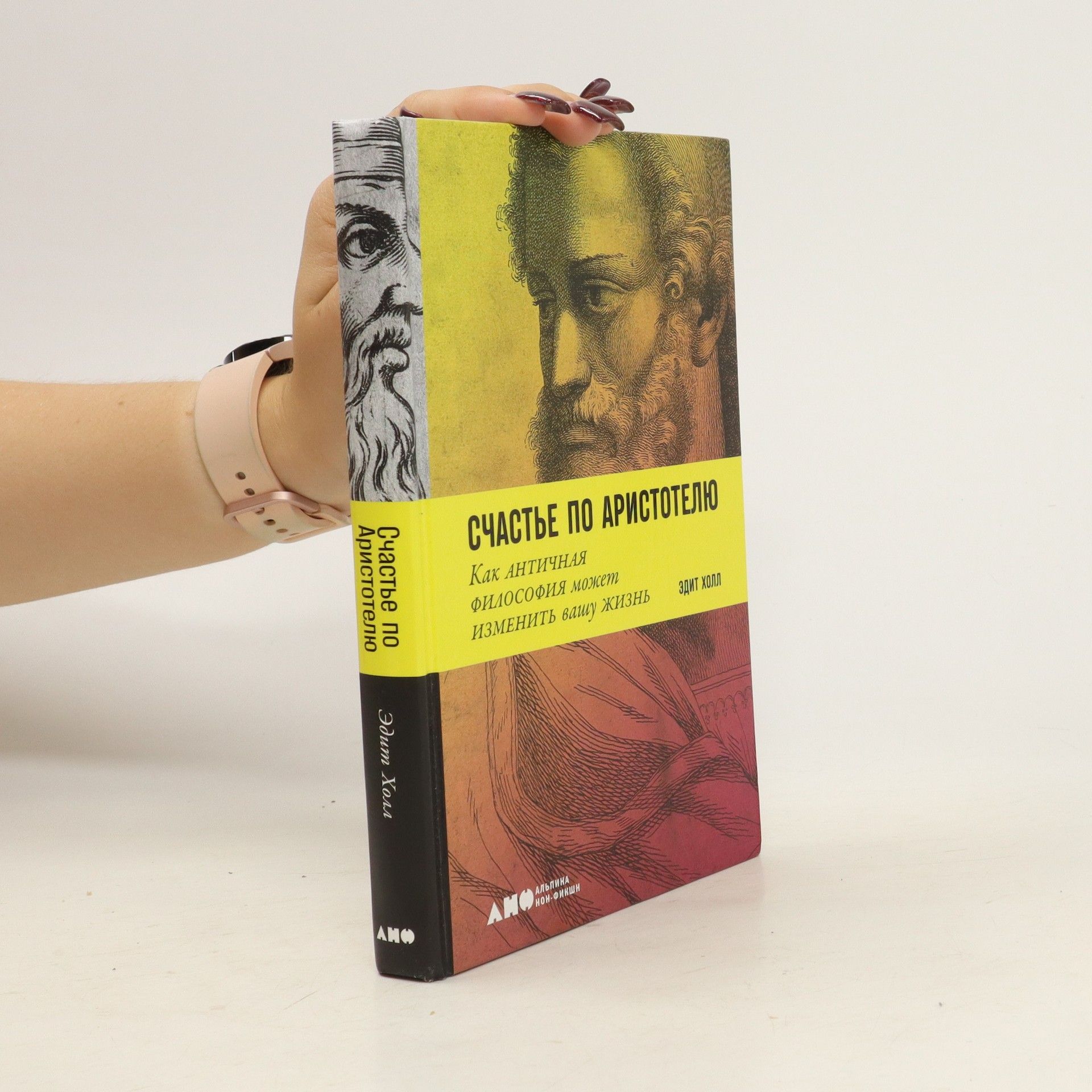Edith Hall lässt uns die Kraft und Faszination der griechischen Antike neu entdecken Sie waren die Erfinder der Demokratie, Begründer der Philosophie, Schöpfer unsterblicher Mythen und Dramen – die alten Griechen haben das Fundament unserer Zivilisation gelegt und somit auch unsere moderne Welt geprägt. Doch was genau war das Erfolgsgeheimnis der griechischen Völker, was hat sie – über alle politischen und kulturellen Grenzen hinweg – angetrieben? Und was verbindet uns mit ihnen? Edith Hall, Professorin am Londoner King’s College und eine der weltweit profiliertesten Altertumsforscherinnen, nähert sich dem Phänomen auf ungewöhnliche Weise: Sie beschreibt zehn Charaktereigenschaften, die den unterschiedlichen griechischen Völkern über alle Grenzen hinweg gemeinsam waren, und widmet jeder dieser Eigenschaften ein eigenes Kapitel. So entsteht eine ebenso farbige wie kurzweilige Geschichte von Mythen, Göttern, Helden und Menschen.
Edith Hall Bücher
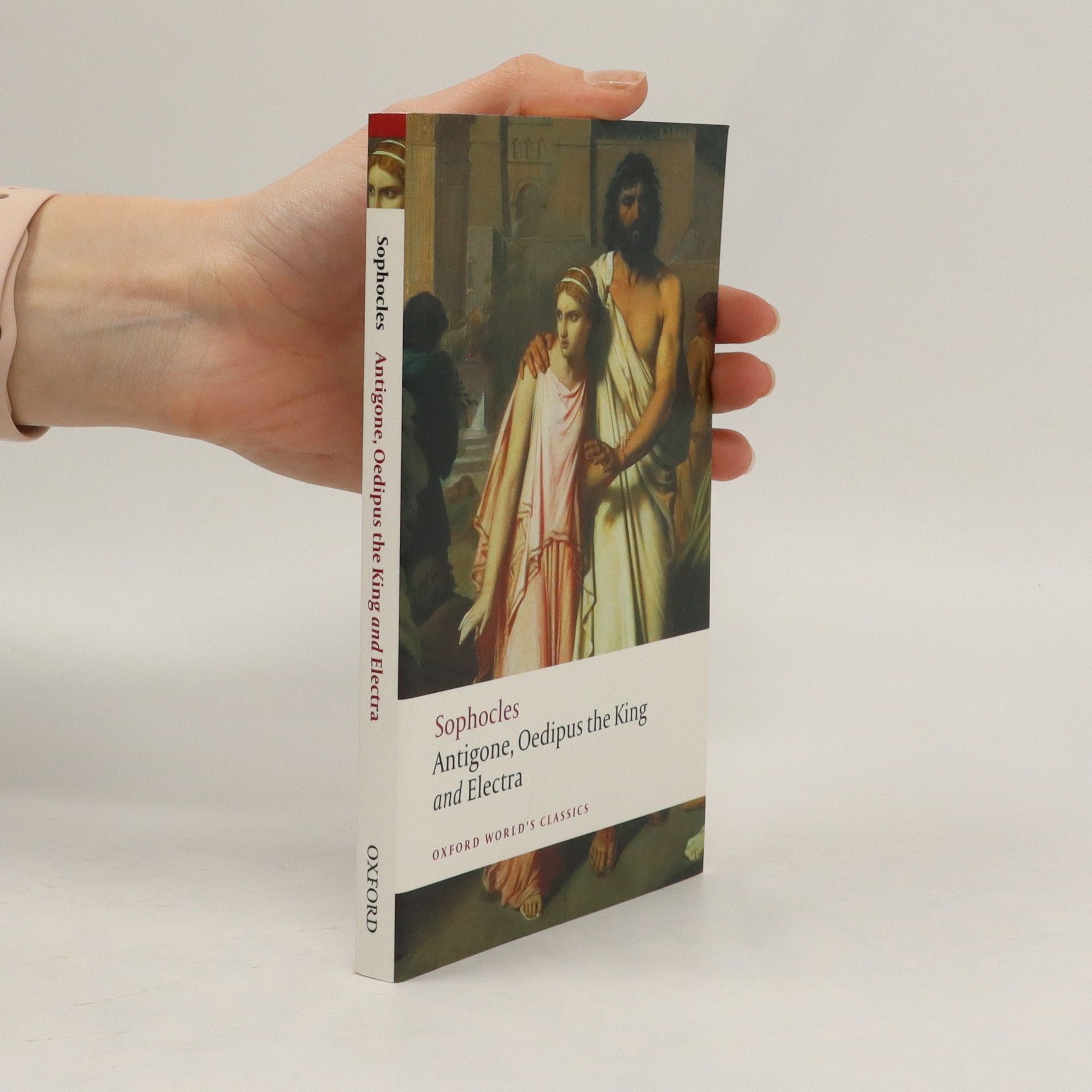


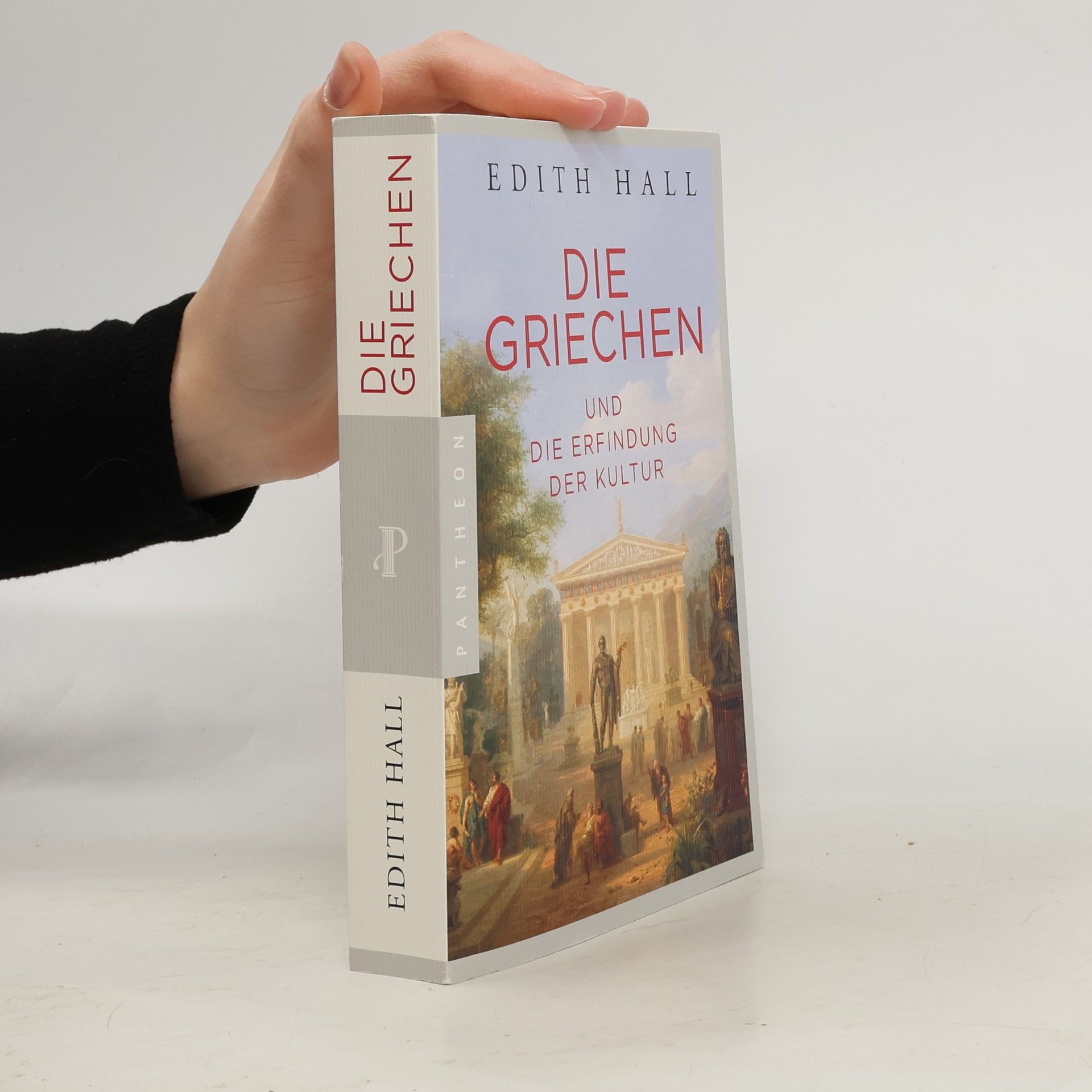
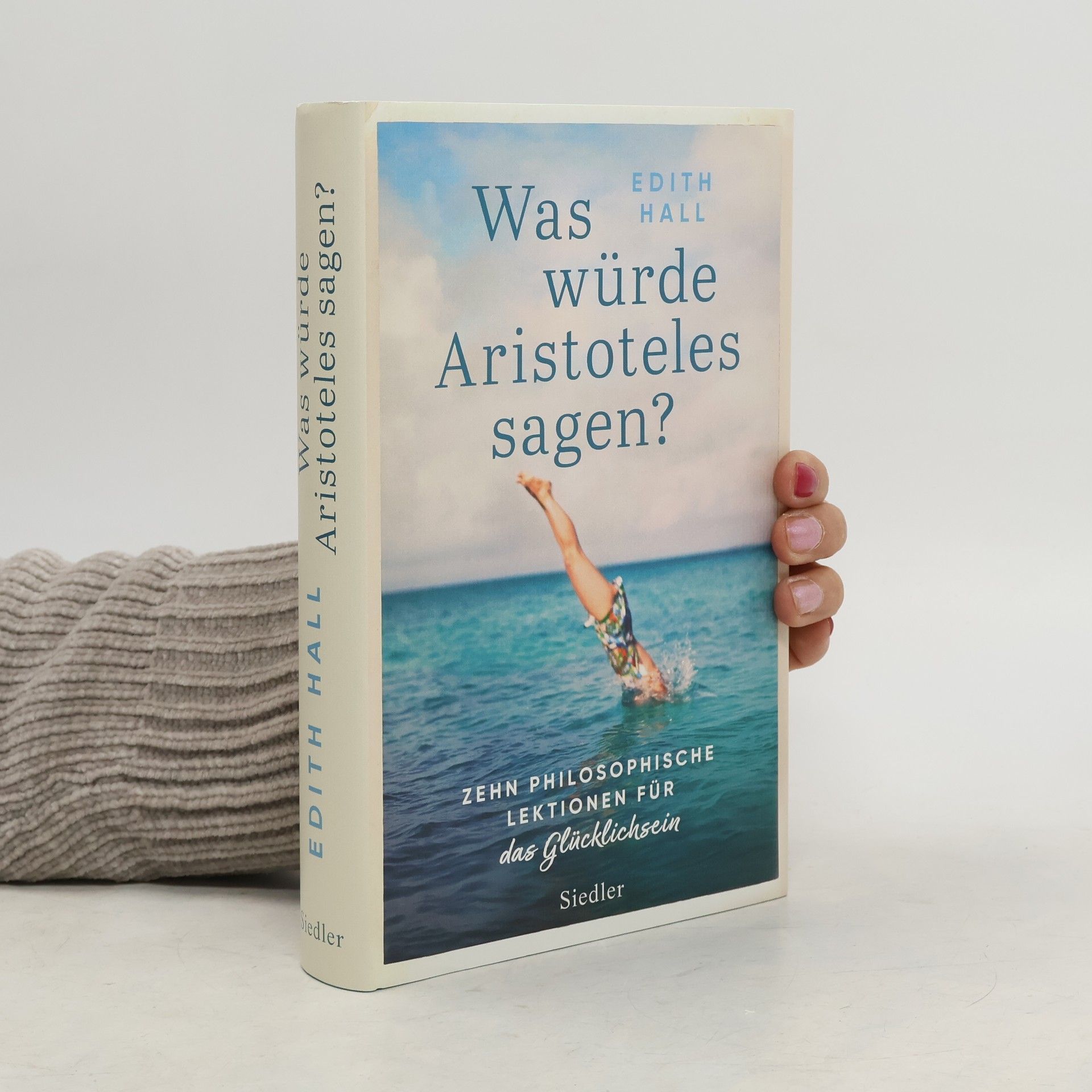
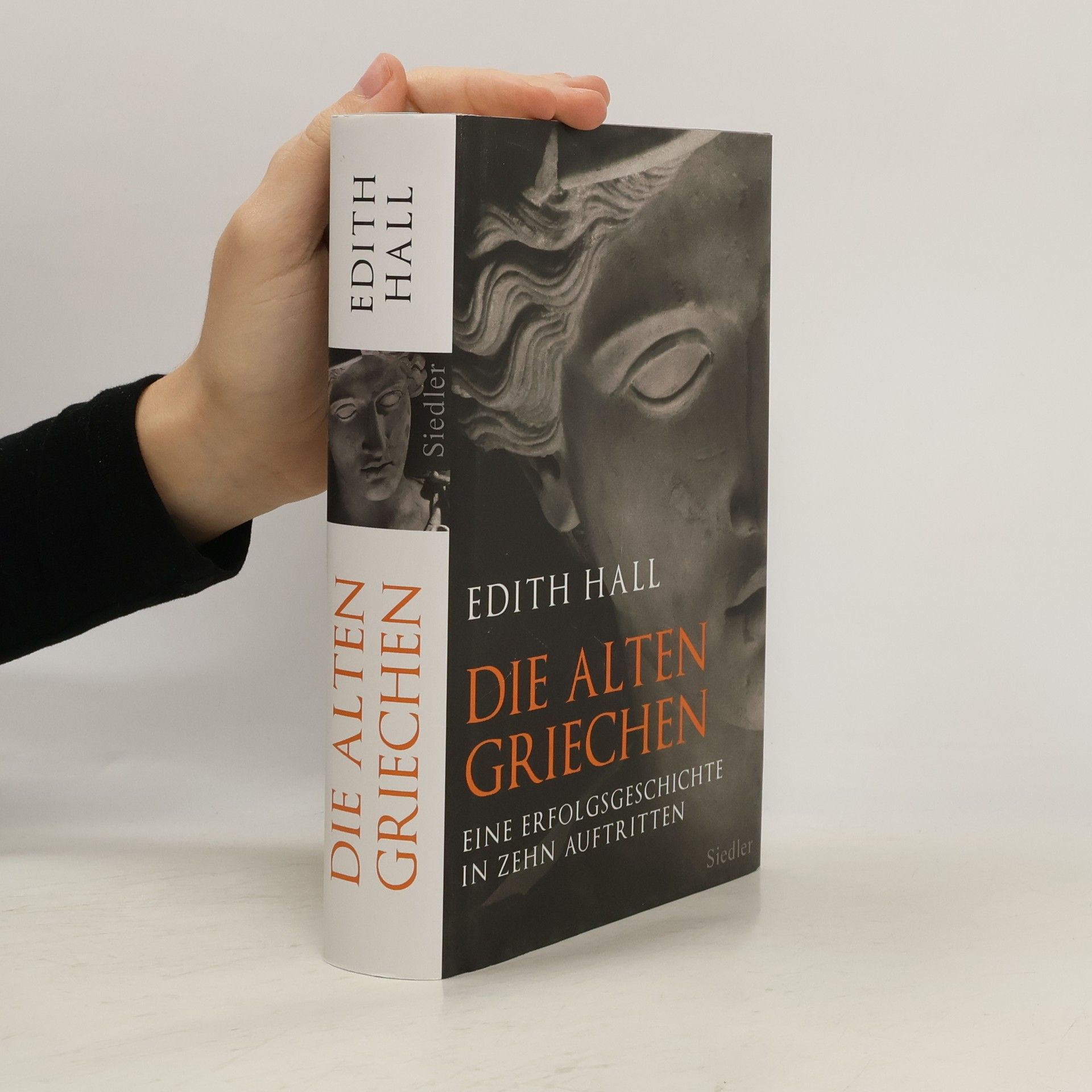
Zeitlose Weisheiten für ungewöhnliche Zeiten: Wie Aristoteles Ideen uns glücklicher machen können Aristoteles war der erste Philosoph, der Glück als Zustand einer inneren Zufriedenheit beschrieben hat. Was hat dieser außergewöhnliche Denker, der sich mit der Frage nach dem guten, glücklichen und sinnerfüllten Leben beschäftigt hat, uns heute noch zu sagen? Erstaunlich viel, wie die britische Altertumsforscherin Edith Hall in ihrem klugen und unterhaltsamen Buch zeigt. In zehn Lektionen beschreibt sie handfest und lebensnah, wie die Ideen des Aristoteles uns glücklicher machen können. So kann uns seine Rezeptur für das Glücklichsein nicht nur bei der Entscheidungsfindung und der richtigen Partnerwahl helfen, sondern auch unsere Kommunikation verbessern oder unseren Umgang mit dem Tod verändern. Jeder kann sich dafür entscheiden, glücklicher zu werden – und dieses Buch ist der erste Schritt dazu.
Die Griechen und die Erfindung der Kultur
- 416 Seiten
- 15 Lesestunden
Von der Kraft und Faszination der griechischen Antike Sie waren die Erfinder der Demokratie, Begründer der Philosophie, Schöpfer unsterblicher Mythen – doch was genau war das Erfolgsgeheimnis der antiken Griechen und was verbindet uns mit ihnen? Edith Hall, Professorin am Londoner King’s College und eine der weltweit profiliertesten Altertumsforscherinnen, untersucht zehn Charaktereigenschaften, die allen griechischen Völkern gemeinsam waren. Über die Jahrtausende hinweg lernen wir so die wissbegierigen, humorvollen wie kompetitiven Menschen kennen, die als Seefahrer in neue Gebiete vorstießen, sich im Wettkampf in Olympia oder im Redegefecht maßen. Wir erfahren, was die Griechen dachten und fühlten, über welche Witze sie lachten – und es entsteht eine ebenso farbige wie kurzweilig-moderne Geschichte, die uns den Mythen und Göttern, Helden und Menschen so nahe bringt wie nie.
A People's History of Classics
Class and Greco-Roman Antiquity in Britain and Ireland 1689 to 1939
- 642 Seiten
- 23 Lesestunden
Focusing on the often-overlooked experiences of working-class individuals, this book delves into how the classical past shaped their lives in Britain and Ireland from the late 17th to early 20th centuries. It highlights the exclusion of their voices from traditional classical scholarship and education, offering a fresh perspective on the impact of classical studies on diverse societal groups.
An award-winning classicist turns to Greek tragedies for the wisdom to understand the damage caused by suicide and help those who are contemplating suicide themselves
Antigone ; Oedipus the King ; Electra
- 178 Seiten
- 7 Lesestunden
Love and loyalty, hatred and revenge, fear, deprivation, and political ambition: these are the motives which thrust the characters portrayed in these three Sophoclean masterpieces on to their collision course with catastrophe. Recognized in his own day as perhaps the greatest of the Greek tragedians, Sophocles's reputation has remained undimmed for two and a half thousand years. His greatest innovation in the tragic medium was his development of a central tragic figure, faced with a test of will and character, risking obloquy and death rather than compromise his or her principles: it is striking that Antigone and Electra both have a woman as their intransigent `hero'. Antigone dies rather than neglect her duty to her family, Oedipus's determination to save his city results in the horrific discovery that he has committed both incest and parricide, and Electra's unremitting anger at her mother and her lover keeps her in servitude and despair. These vivid translations combine elegance and modernity, and are equally suitable for reading or theatrical performance.
They gave us democracy, philosophy, poetry, rational science, the joke. They built the Parthenon and the Library of Alexandria. They wrote the timeless myths of Odysseus and Oedipus, and the histories of Leonidas's three hundred Spartans and Alexander the Great. But who were the ancient Greeks? And what was it that enabled them to achieve so much? Here, Edith Hall gives us a revelatory way of viewing this geographically scattered people, visiting different communities at various key moments during twenty centuries of ancient history. Identifying ten unique traits central to the widespread ancient Greeks, Hall unveils a civilization of incomparable richness and a people of astounding complexity - and explains how they made us who we are today. 'A thoroughly readable and illuminating account of this fascinating people... This excellent book makes us admire and like the ancient Greeks equally' Independent 'A worthy and lively introduction to one of the two groups of ancient peoples who really formed the western world' Sunday Times 'Throughout, Hall exemplifies her subjects' spirit of inquiry, their originality and their open-mindedness' Daily Telegraph 'A book that is both erudite and splendidly entertaining' Financial Times
